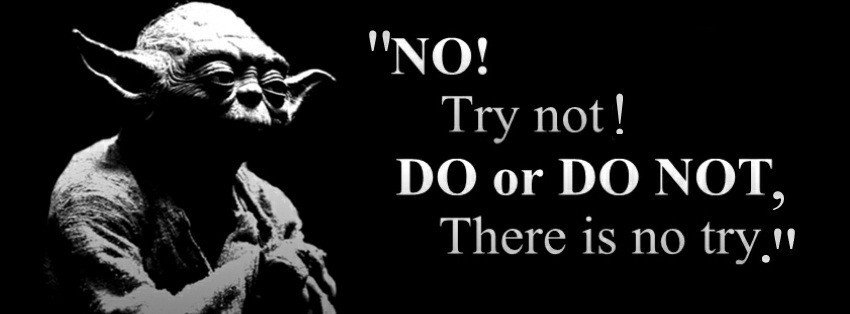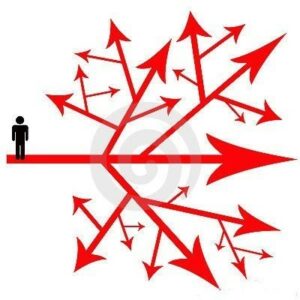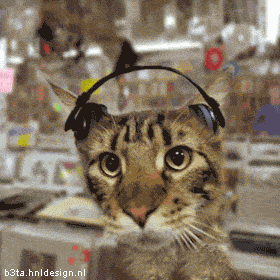
I thought I’d share a few thoughts today, kind of a “what I’ve learned in the past 10 years” post. This list was refined and crystallized by the process of writing the book, but this list was also a major reason why I wrote it in the first place. I saw so many people struggling, and witnessed so many abuses in so many forums, that I wanted to try to put down the lessons and truths I had found in a concrete format. True, there is no one way to trade, and many different approaches can be successful in the market, so long as they are aligned with some fundamental truths. These are some of those fundamental and undeniable truths, as I have come to understand them over the course of my trading career:
- Most of the time, markets are very close to efficient (in the academic sense of the word.) This means that most of the time, price movement is random and we have no reason, from a technical perspective, to be involved in those markets.
- There are, however, repeatable patterns in prices. This is the good news; it means we can make money using technical tools to trade.
- The biases and statistical edges provided by these patterns are very, very small. This is the bad news; it means that it is exceedingly difficult to make money trading. We must be able to identify those points where markets are something a little “less than random” and where there might be a statistical edge present, and then put on trades in very competitive markets.
- Technical trading is nothing more than a statistical game. The parallels to gambling and other games of chance are very, very close. A technical trader simply identifies the patterns where an edge might be present, takes the correct position at the correct time, and manages the risk in the trade. This is, of course, a very simplified summary of the trading process, but it is useful to see things from this perspective. This is the essence of trading: find the pattern, put on the trade, manage the risk, and take profits.
- Because all we are doing is playing the small edges as they occur in the markets, it is important to be utterly consistent in every aspect of our trading. Many markets have gotten harder (i.e. more efficient, more of the time) over the past decade and things that once worked no longer work. Iron discipline is a key component of successful trading. If you are not disciplined every time, every moment of your interaction with the market, do not say you are disciplined.
- It is possible to trade effectively as a purely systematic trader or as a discretionary trader, but the more discretion is involved the more the trader himself is a key part of the trading process. It can be very difficult to sort out performance issues that are caused by markets, by natural statistical fluctuations, by the trading system not working, or by the trader himself.
- There is still a tremendous bias in many circles toward fundamental analysis and against technical analysis. The fundamentalists have a facile argument because it is easy to point to patterns on charts, say they are absurd, and point out that markets are actually driven by supply, demand and fundamental factors—the very elements that fundamental analysis deals with directly. However, many times the element of art involved in fundamental analysis is overlooked. How much does your valuation change if your discount rate is off by a percentage point? How dependent is your model on your assessment of some manager’s CapEx decisions in year 4? Do you really have a good sense of how the company’s competitive position will evolve with the industry over the next decade? Does everyone else? There’s a lot more “wiggle room” in fundamentals than most people realize.
- One advantage of technical trading is that, done properly, it clearly identifies supply/demand imbalances from their effect on prices. This is a form of look-back analysis, but good technical tools force you to deal with the reality of what is happening right now. There is no equivocation, wishing, or emotional involvement in solid technical trading. The best risk management tools are technical, or are based on patterns in prices themselves.
- Most people (and funds) who try to trade will not be successful, and I believe this is because most of them are simply trying to do things that do not work. Taking a good, hard look at your tools, methods, and approach can be scary, but there is no other way to find enduring success in the market.




